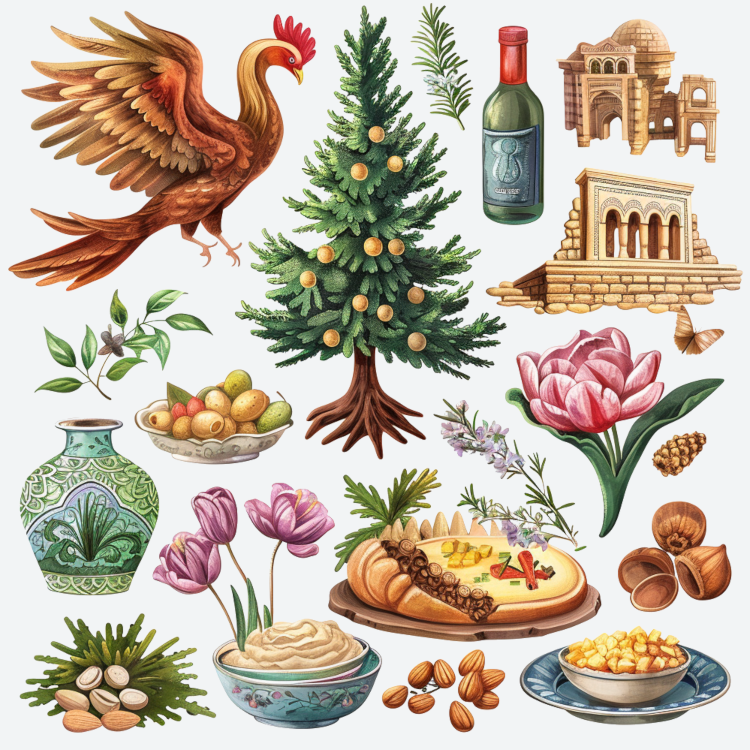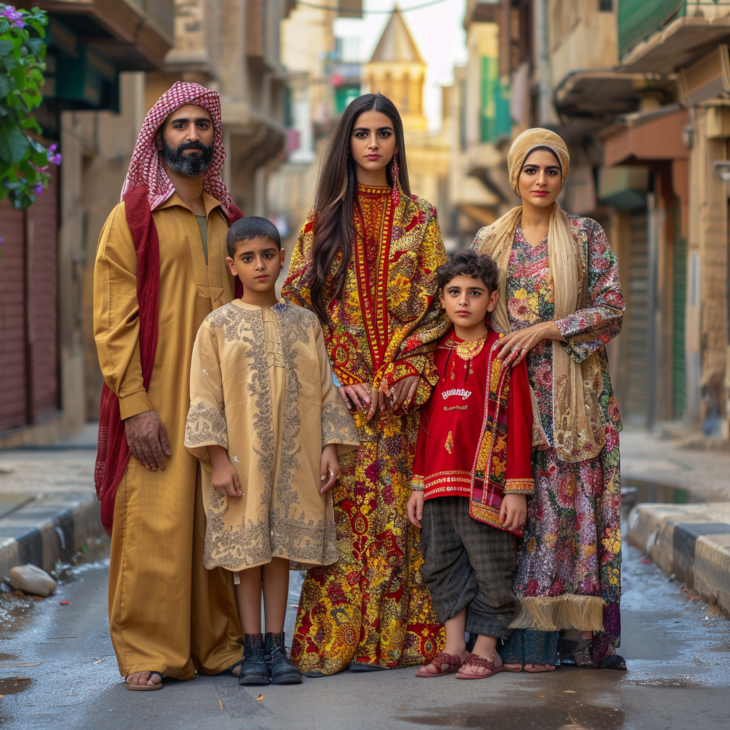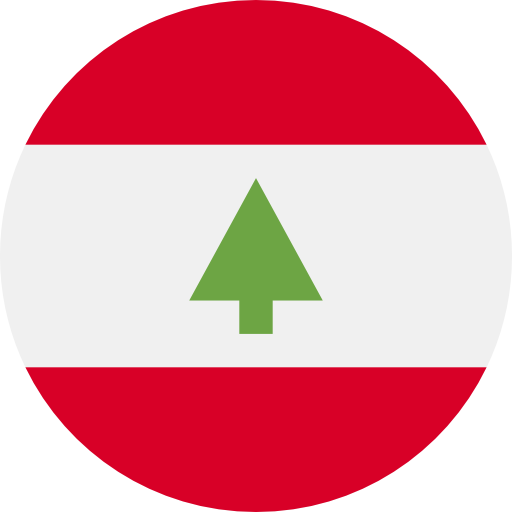About LB

Location
Lebanon is a country located in the Middle East, on the eastern shore of the Mediterranean Sea. It is bordered by Syria to the north and east and Israel to the south.
Capital
The capital city of Lebanon is Beirut, which is also the largest city in the country.
Population
As of the latest estimates, Lebanon has a population of approximately 6.8 million people.
Area
Lebanon covers a total land area of about 10,452 square kilometers (4,036 square miles).
Official Language
Arabic is the official language of Lebanon.
Government
Lebanon is a parliamentary democratic republic with a confessionalist system, meaning that political representation is allocated based on religious affiliation. The President of Lebanon is the head of state, while the Prime Minister is the head of government.
Independence
Lebanon gained independence from French colonial rule on November 22, 1943.
Currency
The currency of Lebanon is the Lebanese Pound (LBP).
Economy
Lebanon has a mixed economy with a significant service sector, including banking and finance, tourism, and commerce. Agriculture and industry also contribute to the economy, with key products including citrus fruits, olives, textiles, and chemicals. However, Lebanon has faced economic challenges in recent years, including high public debt, political instability, and the impact of regional conflicts.
Culture
Lebanon has a rich cultural heritage influenced by its diverse history and religious communities, including Muslim and Christian traditions. The country is known for its cuisine, music, literature, and arts, as well as its vibrant nightlife and festivals.
Religion
Lebanon is known for its religious diversity, with significant Muslim and Christian populations. Islam and Christianity are the two dominant religions, with various sects and denominations represented, including Sunni and Shia Islam, as well as Maronite, Greek Orthodox, and other Christian denominations.
Landscapes
Lebanon is characterized by its varied landscapes, including coastal plains, mountain ranges (such as the Mount Lebanon range), and the Bekaa Valley. The country is also known for its cedar forests, which are a symbol of Lebanese national identity.
History
Lebanon has a long history dating back thousands of years, with evidence of ancient civilizations such as the Phoenicians, Romans, and Byzantines. The country has also been influenced by various empires, including the Ottoman Empire and the French Mandate. Today, Lebanon continues to navigate its complex political and social landscape amidst regional conflicts and internal challenges.

National Items of Lebanon
Cedar Tree
The Cedar Tree (Cedrus libani) is the national symbol and emblem of Lebanon. It represents endurance, strength, and the country's historical and cultural heritage. The cedar tree is featured prominently on the national flag.
Phoenix
The Phoenix is a mythological bird that symbolizes rebirth, immortality, and resilience. It is associated with Lebanon's history of overcoming adversity and rebuilding.
Lebanese Wild Tulip
The Lebanese Wild Tulip (Tulipa agenensis) is a significant flower in Lebanon, symbolizing beauty, spring, and the rich natural flora of the country.
Lebanese Cuisine (Meze)
Lebanese Meze, a selection of small dishes, represents the rich culinary traditions and social culture of Lebanon. Common items include hummus, tabbouleh, baba ghanoush, and kibbeh.
Arak
Arak is a traditional Lebanese alcoholic drink made from aniseed. It symbolizes the cultural heritage and social traditions of Lebanon.
Dabke
Dabke is a traditional Lebanese folk dance that is performed at weddings and celebrations. It symbolizes cultural heritage, unity, and the festive spirit of the Lebanese people.
Ba'albek Ruins
The Ba'albek Ruins are ancient Roman temples located in the Beqaa Valley. They symbolize Lebanon's rich historical and archaeological heritage.
Zahle Wine
Zahle is a region in Lebanon known for its wine production. Lebanese wine symbolizes the country's agricultural heritage and viticulture.
Mar Mikhael
Mar Mikhael is a district in Beirut known for its vibrant nightlife and cultural scene. It symbolizes the modern, dynamic, and cosmopolitan aspects of Lebanese culture.
Pine Nut
Pine nuts are widely used in Lebanese cuisine and symbolize the country's rich culinary traditions and natural resources.
Sea
The Mediterranean Sea is a vital natural feature for Lebanon, symbolizing the country's maritime heritage, trade, and the beauty of its coastline.

This anthem expresses a collective dedication to the nation of Lebanon, emphasizing sacrifice, unity, and the protection of freedom and homeland.
The national anthem of Lebanon is called "Kulluna lil-Watan" in Arabic, which translates to "All of Us, for Our Country" in English. Here are the lyrics in Arabic along with an English translation:
كلنا للوطن حماة
وعلى الدرب نلتقي عزماً
نحمي نور الحرية
ونسقي الأرض سحائب المطر
ونرفع شعار الوحدة
في ظل الراية نجمع شمل الأحرار
ولنحمي البلد نضحي بالنفوس
كلنا للوطن حماة
All of us, for our country, are willing to sacrifice
And on the path, we shall meet determination
We protect the light of freedom
And water the land with clouds of rain
And raise the banner of unity
Under the flag, we gather the freemen
And to protect the country, we sacrifice our souls
All of us, for our country, are willing to sacrifice


